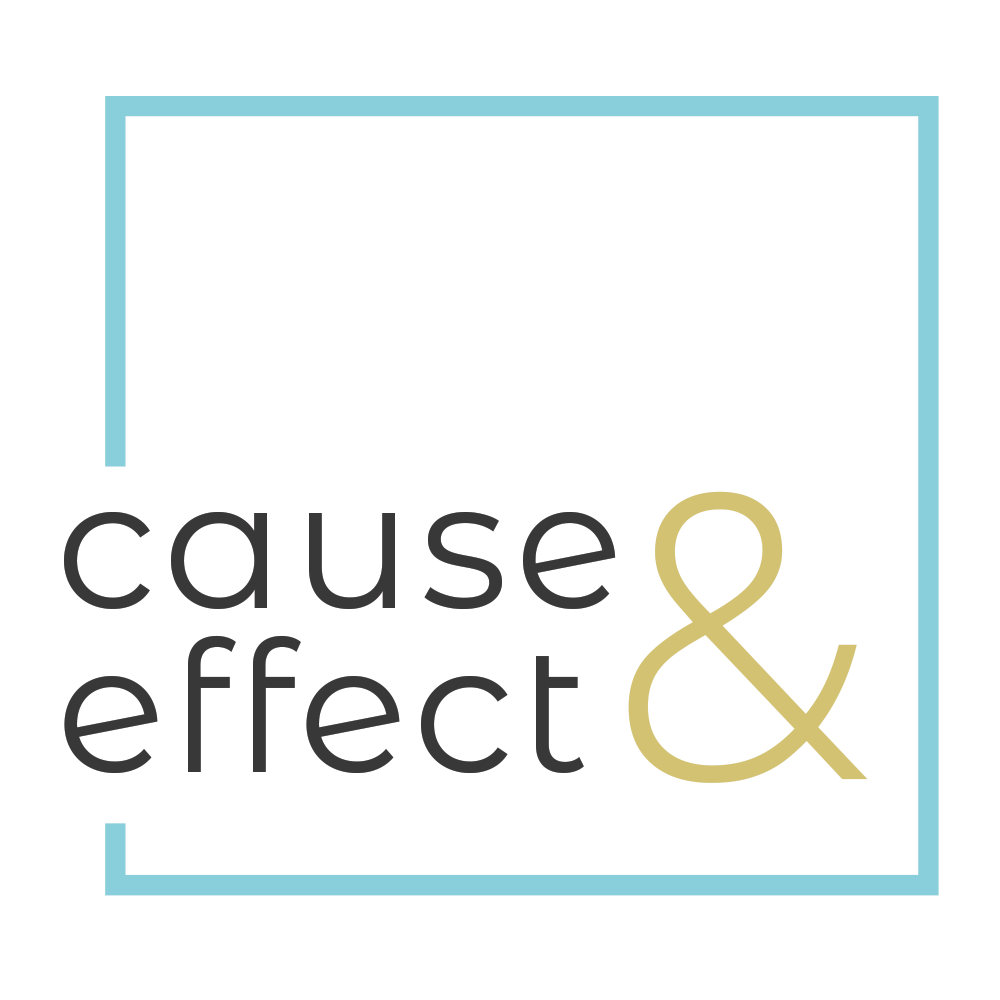Fact-checking the fact-checkers
In public information, distortions and outright lies are so commonplace that fact-checkers are routinely called upon to sort fact from fiction. But researchers Stephen Ceci and Wendy Williams have argued that the fact-checkers’ own biases can shroud the very truth they seek. Here’s why: fact-checkers’ personal biases influence both their choice of which statements to analyze and their determination of accuracy. What constitutes “fact” is affected by subjective political and ideological values, resulting in what psychologists term selective perception. When it comes to partisan fact-checking about complex issues, what is stated as ‘truth’ is often the subjective opinion of people with shared political views.
The key to better outcomes is ‘adversarial fact-checking’ in which messages are checked by team members with diverse views. The evidence for competing claims is front and center and both sides’ claims appear simultaneously in reporting. This approach would minimize the creation of false beliefs that happen when only one side is initially offered. When adversarial fact-checking leads to unresolvable disagreements among team members, readers will be better able to judge the persuasiveness of each side’s argument leading to a more informed conclusion than if only one side’s evidence is presented.
How are you checking facts?
